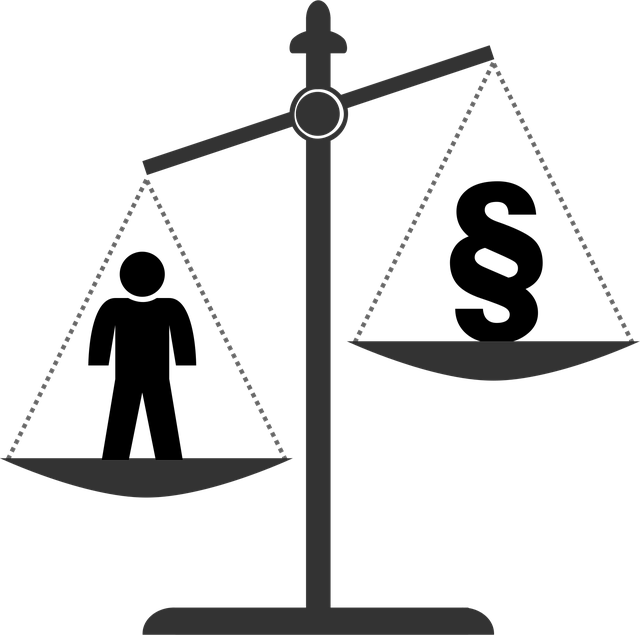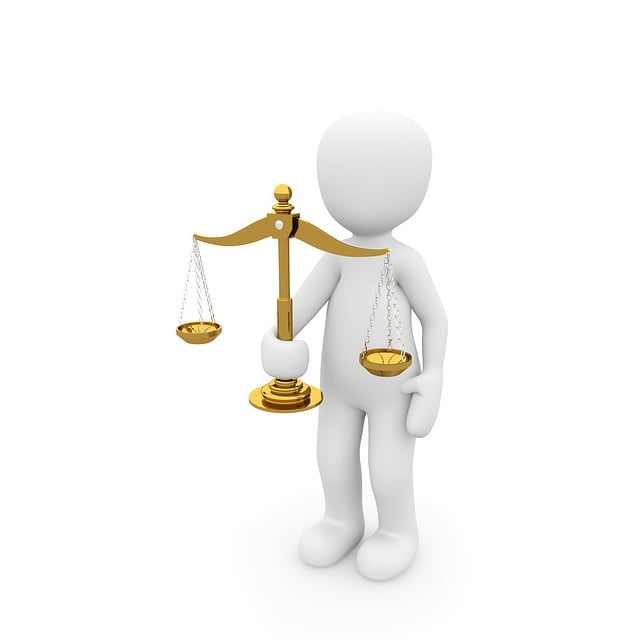The Criminal Justice System, a complex web of procedures and entities, ensures societal norms and justice. It begins with law enforcement investigating and arresting based on evidence, followed by prosecutors deciding charges. The court system handles trials while defense attorneys protect the accused. Key stages include initial appearances, pretrial hearings, trial, sentencing (incarceration, probation, fines, community service), and appeal options for convictions or sentences. Understanding these Steps in Criminal Procedure Litigation is crucial for anyone involved or interested in criminal law cases, especially for maintaining a fair and balanced system regarding white-collar and economic crimes.
Delve into the intricate world of criminal law cases and understand the steps in criminal procedure litigation. From the initiation and investigation stages, where legal protections for accused individuals are paramount, to trials and defenses, this comprehensive guide explores the key players and processes within the criminal justice system. We’ll navigate courtroom procedures, evidence presentation, and strategies for a fair trial, before delving into sentencing, appeals, and alternatives to incarceration.
- Understanding the Criminal Justice System: An Overview of Key Players and Processes
- Initiation and Investigation: Steps from Arrest to Charge, Including Legal Protections for Accused Individuals
- Trial and Defense: Navigating Courtroom Procedures, Presentation of Evidence, and Strategies for a Fair Trial
- Sentencing and Appeals: Post-Trial Proceedings, Alternatives to Incarceration, and the Right to Appeal
Understanding the Criminal Justice System: An Overview of Key Players and Processes

The Criminal Justice System is a complex web of entities and procedures designed to uphold societal norms and administer justice. At its core, it involves law enforcement officers who investigate crimes, gathering evidence to be presented to prosecutors. These prosecutors play a crucial role in deciding whether to file charges against an individual, based on the strength of the case and adherence to legal standards. Once charged, the case enters the court system where judges oversee trials, ensure fair procedures, and deliver verdicts. The defense team, comprising general criminal defense attorneys, plays a vital role in protecting the rights of the accused and achieving extraordinary results through strategic arguments and evidence presentation.
The steps in criminal procedure litigation are well-defined but intricate. Starting with the arrest or summons, it progresses to initial appearances, pretrial hearings where defenses can be raised, and ultimately, the trial itself. Post-trial, options for appeal or acquittal are considered, highlighting the system’s emphasis on due process and ensuring justice is served within its framework. In navigating this landscape, understanding these key players and processes is essential for anyone involved in or interested in criminal law cases.
Initiation and Investigation: Steps from Arrest to Charge, Including Legal Protections for Accused Individuals

The initiation and investigation phase in criminal law cases is a critical step in the steps in criminal procedure litigation. Once a crime is reported, law enforcement officials conduct an initial assessment to determine if there’s enough evidence to make an arrest. If they proceed, the accused individual is taken into custody, read their Miranda rights, and formally arrested. This process ensures legal protections for the accused, guaranteeing them the right to remain silent and the right to an attorney.
Following arrest, investigators gather evidence, interview witnesses, and conduct a thorough probe. The goal is to determine if there’s probable cause to file charges. Legal protections for the accused continue throughout this phase, including access to legal counsel and the right to challenge the admissibility of evidence. If the investigation yields insufficient proof, a general criminal defense attorney may advocate for a complete dismissal of all charges, ensuring justice isn’t served at the expense of a fair trial.
Trial and Defense: Navigating Courtroom Procedures, Presentation of Evidence, and Strategies for a Fair Trial

In a criminal law case, the trial and defense stages are pivotal moments where the fate of an accused hangs in the balance. Understanding the steps in criminal procedure litigation is essential for both defendants and their legal representatives to ensure a fair trial. These proceedings involve meticulous navigation through various courtroom procedures, strategic presentation of evidence, and robust advocacy on behalf of the client.
The defense team plays a crucial role in safeguarding the rights of corporate and individual clients alike. They must master the art of cross-examining witnesses, challenging the prosecution’s evidence, and presenting their client’s story persuasively. Each step in the trial requires meticulous planning and execution, as it can lead to either a conviction or the complete dismissal of all charges. Effective legal strategies, combined with a thorough understanding of the law, are essential tools to navigate this complex landscape successfully.
Sentencing and Appeals: Post-Trial Proceedings, Alternatives to Incarceration, and the Right to Appeal

After a conviction during the trial phase, the court enters the sentencing stage, which is a crucial step in criminal procedure litigation. Sentencing options vary widely and can include incarceration, probation, fines, or community service, depending on the severity of the crime and applicable laws. Judges often consider factors like the defendant’s prior record, the nature of the offense, and any mitigating circumstances when determining an appropriate sentence.
Appeals are a critical component of the criminal justice system, allowing defendants to challenge their convictions or sentences if they believe errors occurred during the trial or sentencing proceedings. There are typically specific grounds for appeal, such as ineffective assistance of counsel, prosecutorial misconduct, or judicial errors. The right to appeal ensures that individuals can seek review and rectify potential injustices, which is essential in maintaining a fair and balanced legal system, particularly in cases involving white-collar and economic crimes where the respective business interests may be at stake for his clients.
In navigating the intricate steps in criminal procedure litigation, understanding the roles within the criminal justice system is paramount. From initial arrest to sentencing and appeals, each phase demands a delicate balance between upholding legal protections for the accused and ensuring justice for victims. By mastering courtroom procedures, evidence presentation, and post-trial options, individuals can advocate for fair outcomes while adhering to the complexities of the system.






